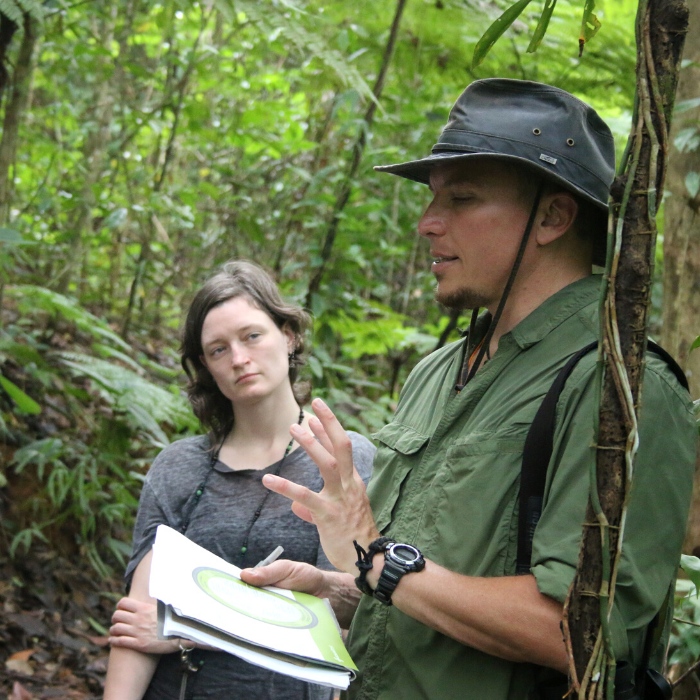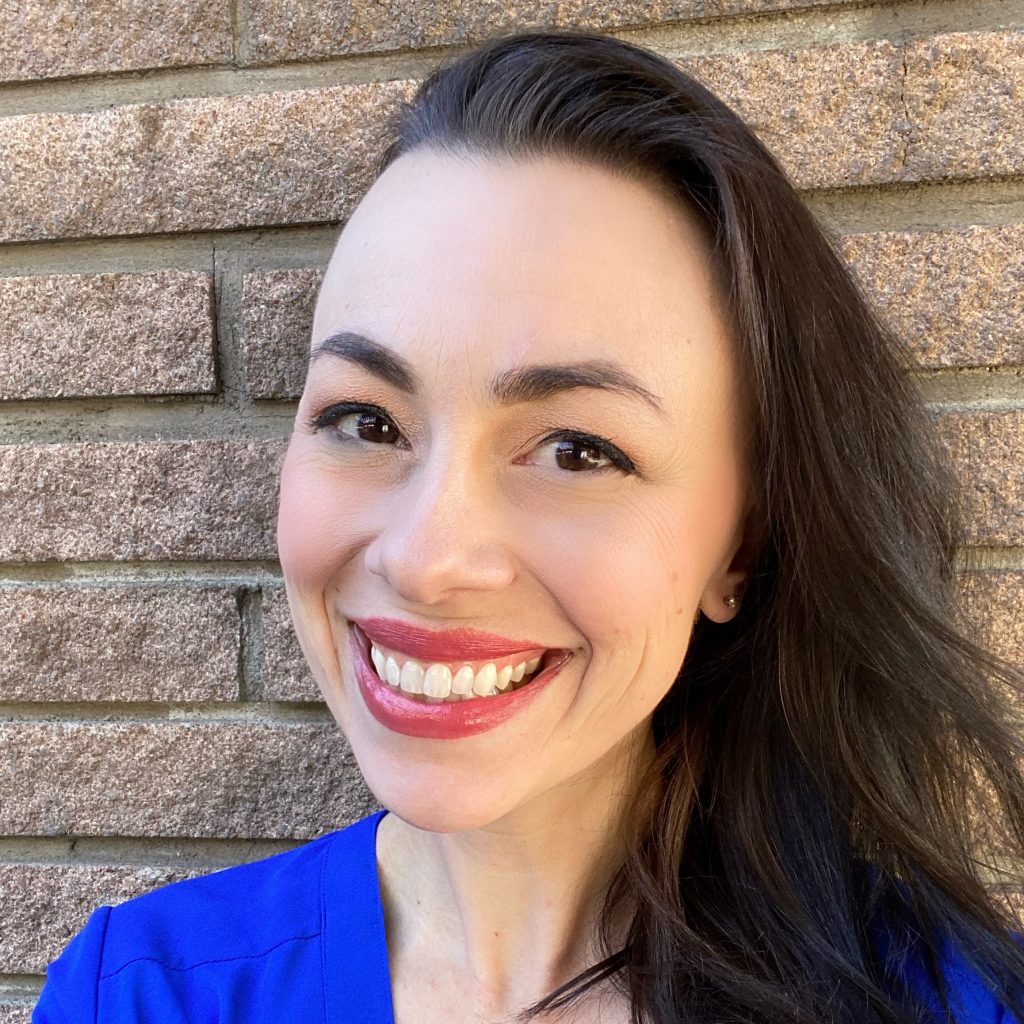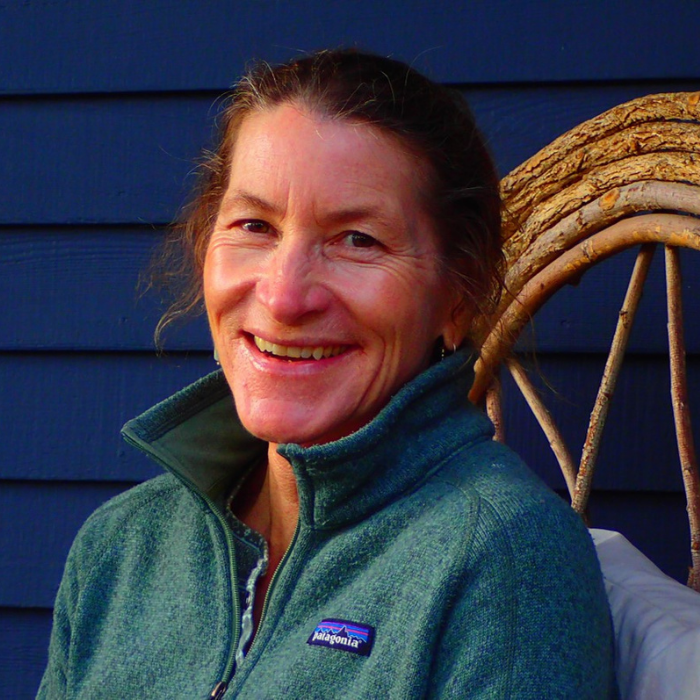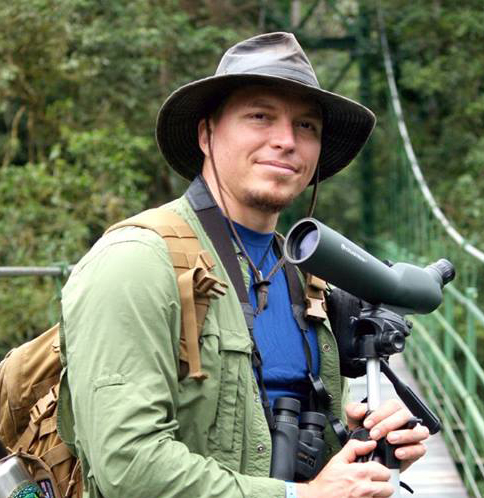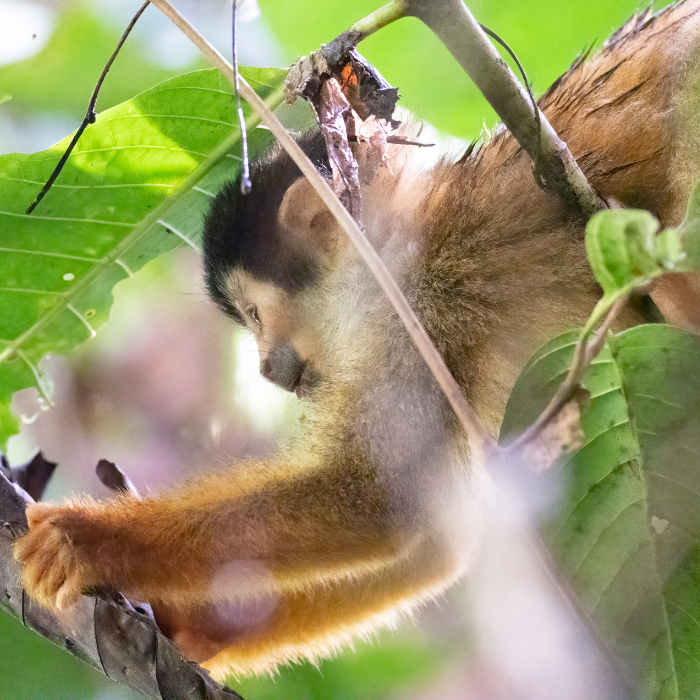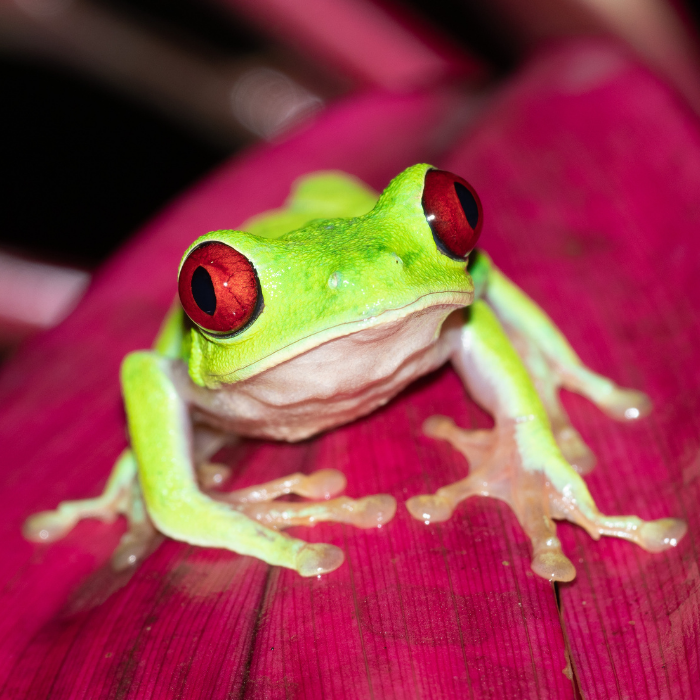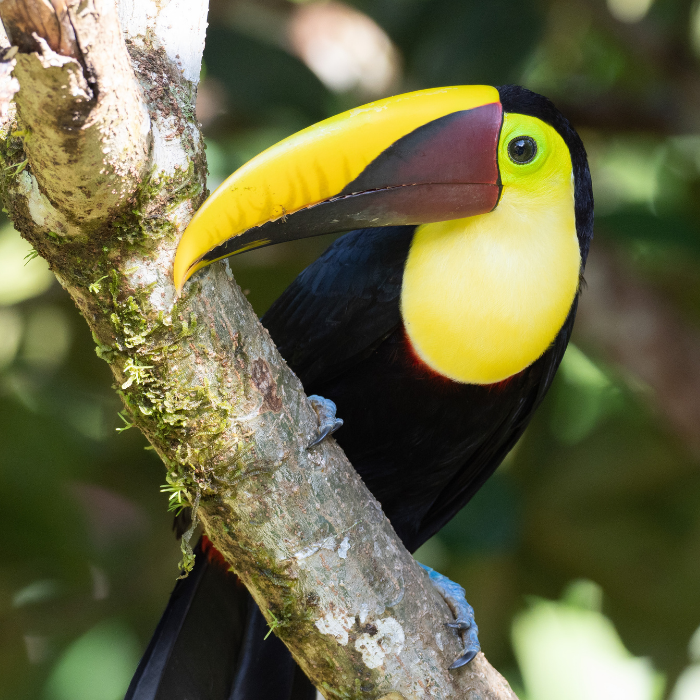Experience biomimicry in one of our most biodiverse workshop biomes as you explore the rainforests and reefs of Costa Rica for a hands-on introduction to nature’s genius. This cutting-edge professional training is designed to inspire you to discover better ways to innovate via the methodology that change-makers around the world are using to create sustainable, disruptive innovations that help solve some of Earth’s most pressing challenges.
-
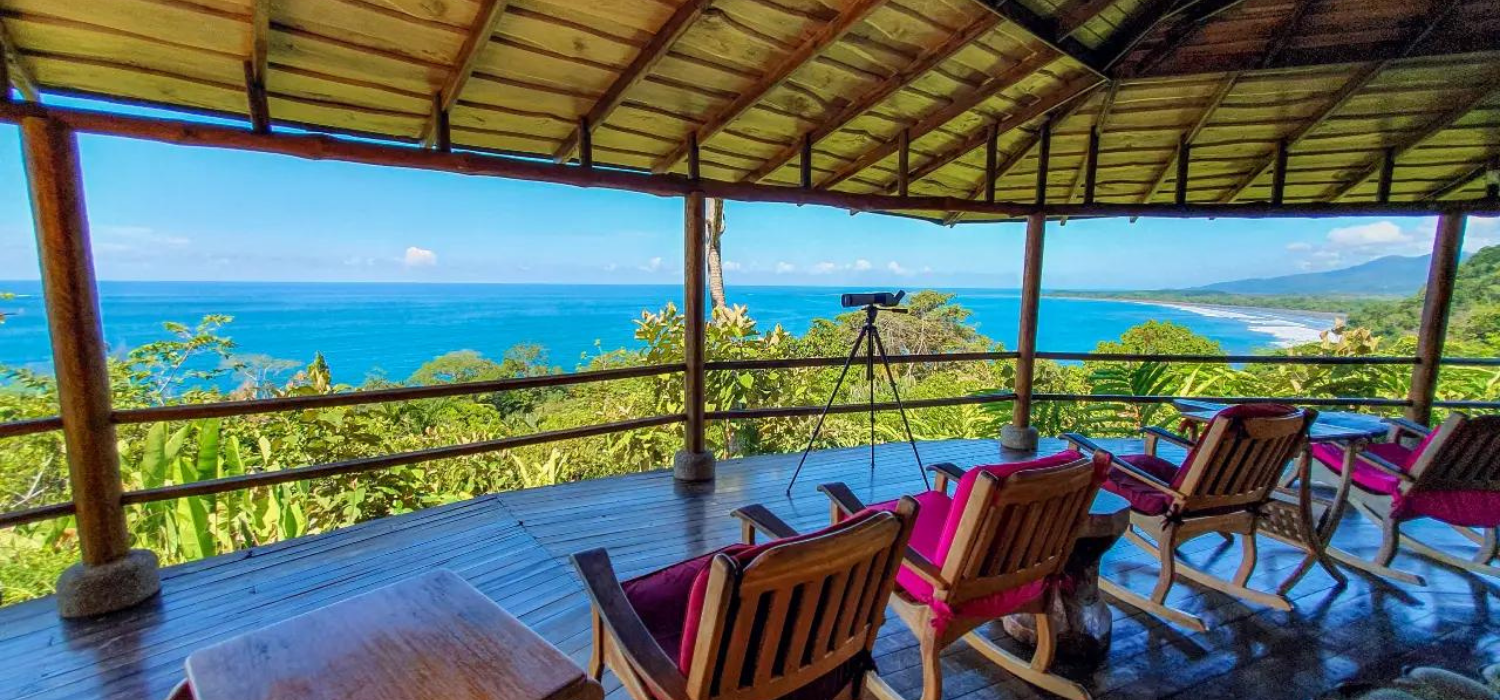
Enjoy spectacular views of mountains and sea from the lodge's outdoor classroom.
-
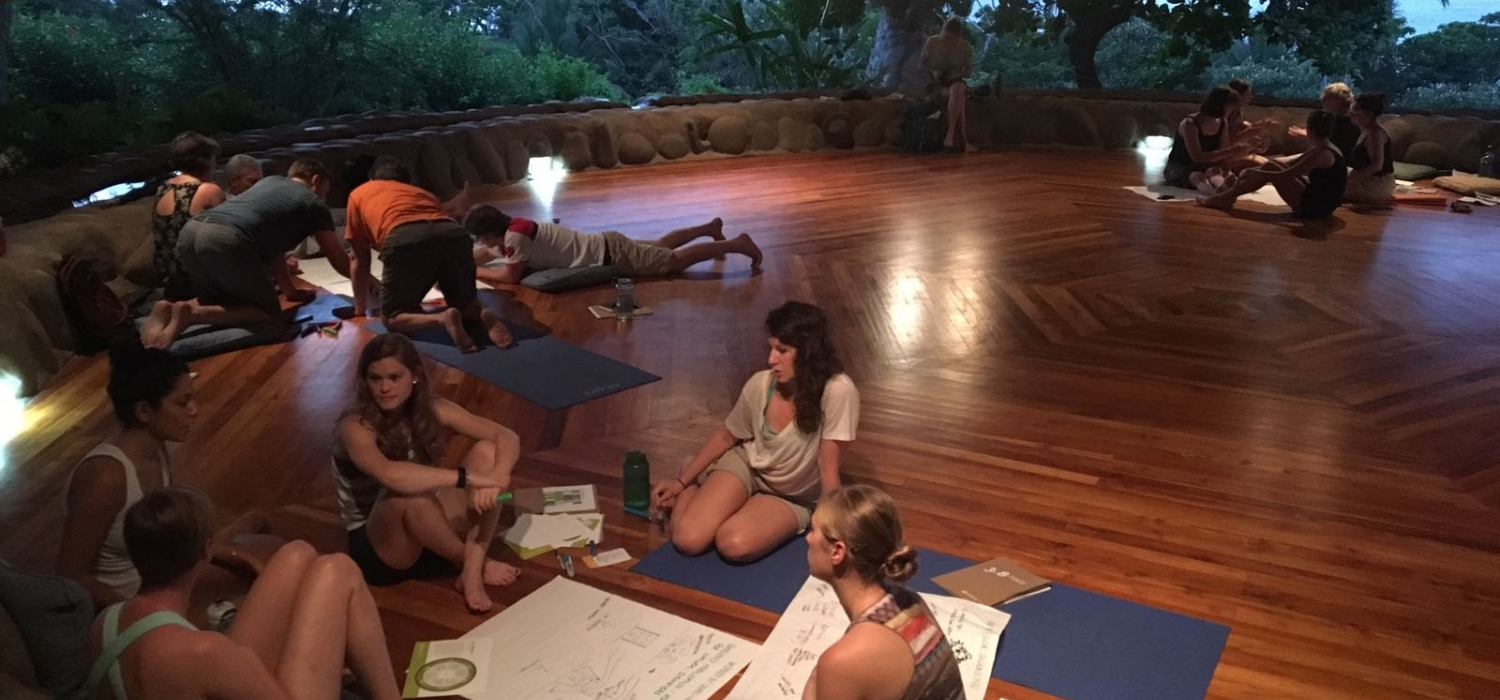
The workshop includes a deep dive into the biomimicry methodology.
-

Snorkel through the healthiest coral reefs of Costa Rica, and observe a great variety of marine species, many of which are in danger of extinction.
-
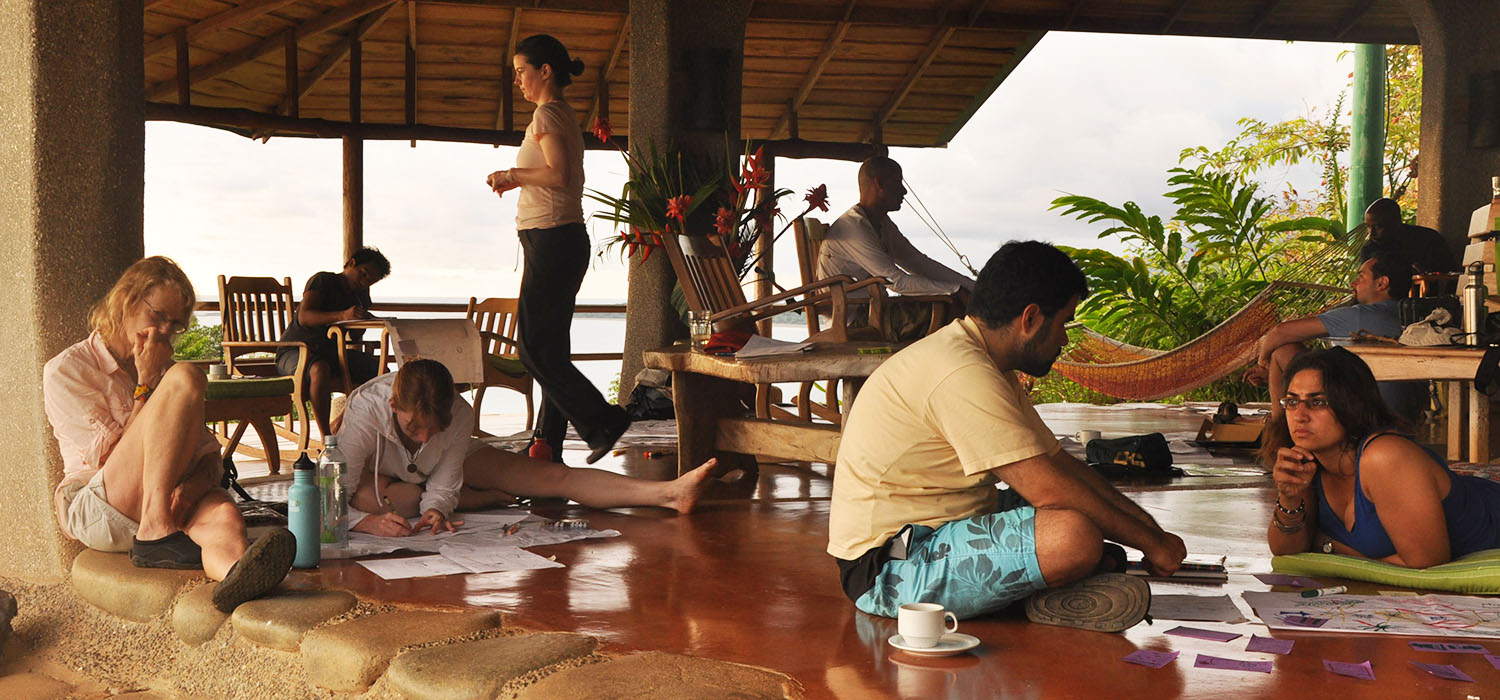
The classroom is surrounded by the jungle overlooking the Pacific Ocean.
-
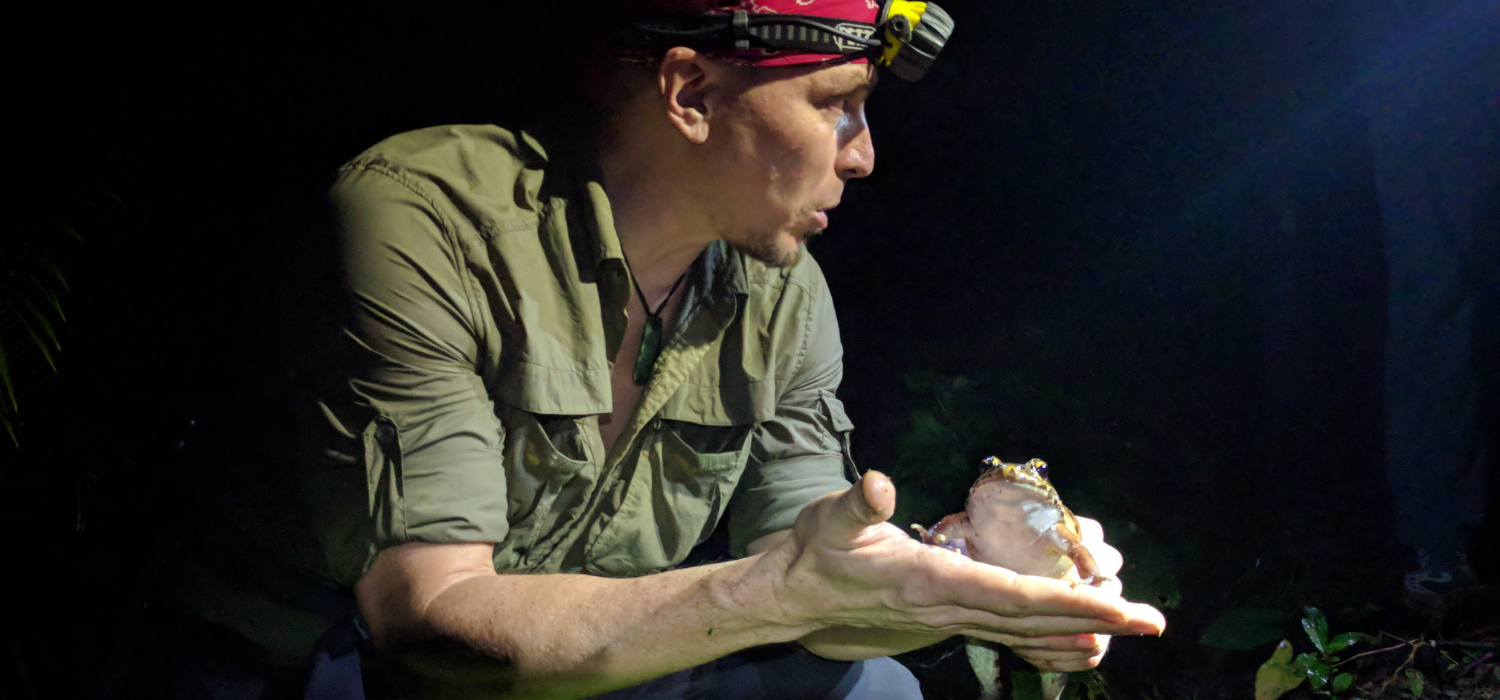
A guided night walk will give you an entirely new perspective of the rainforest.
-
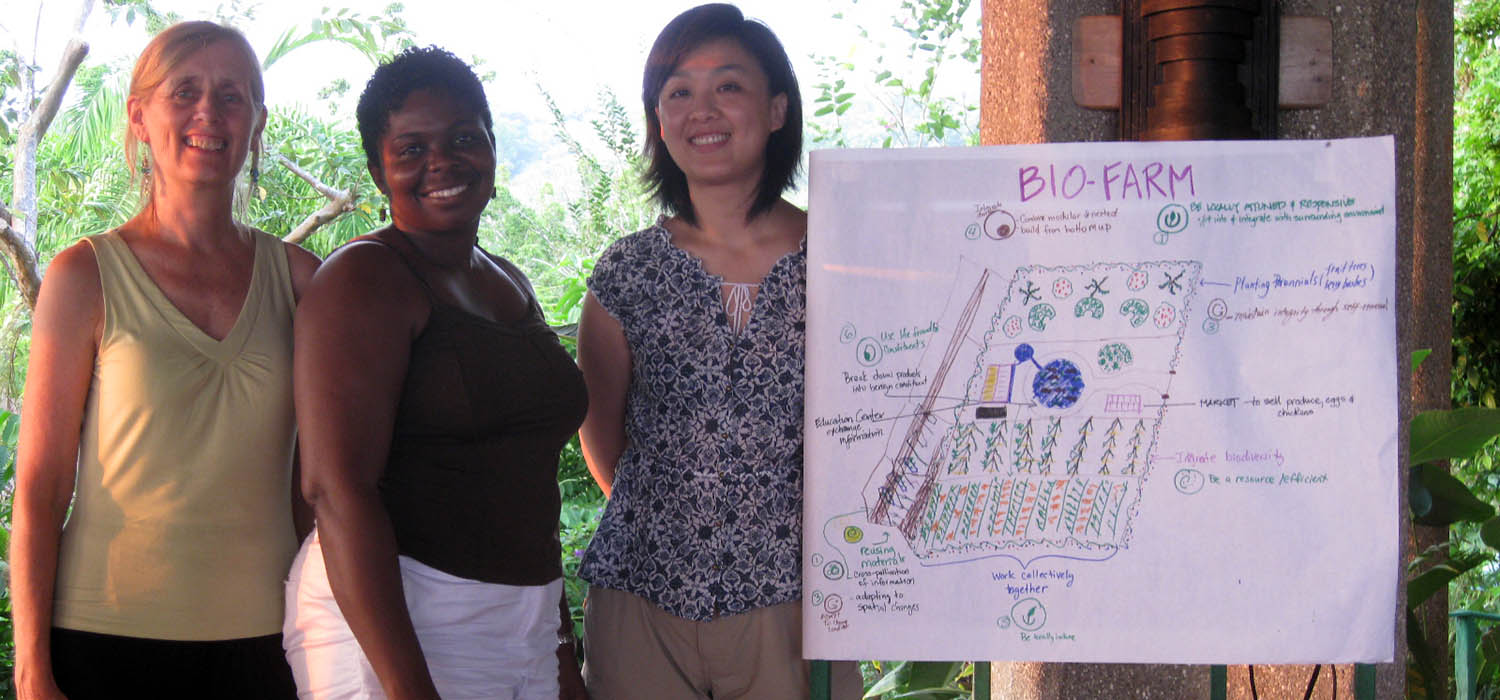
You’ll join a motivated, hopeful, interdisciplinary crew of participants from around the world.
-
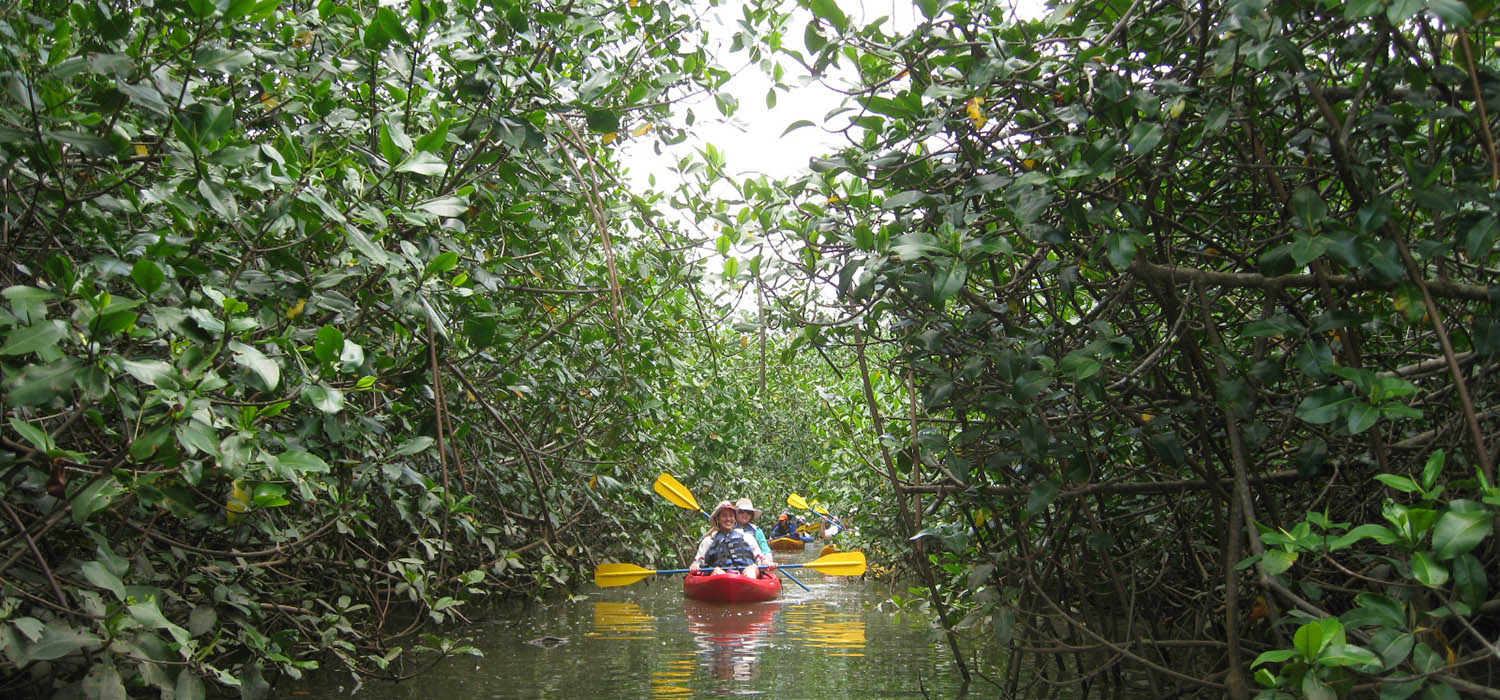
Deepen your understanding of Life’s Principles on a mangrove kayaking tour.
-

-
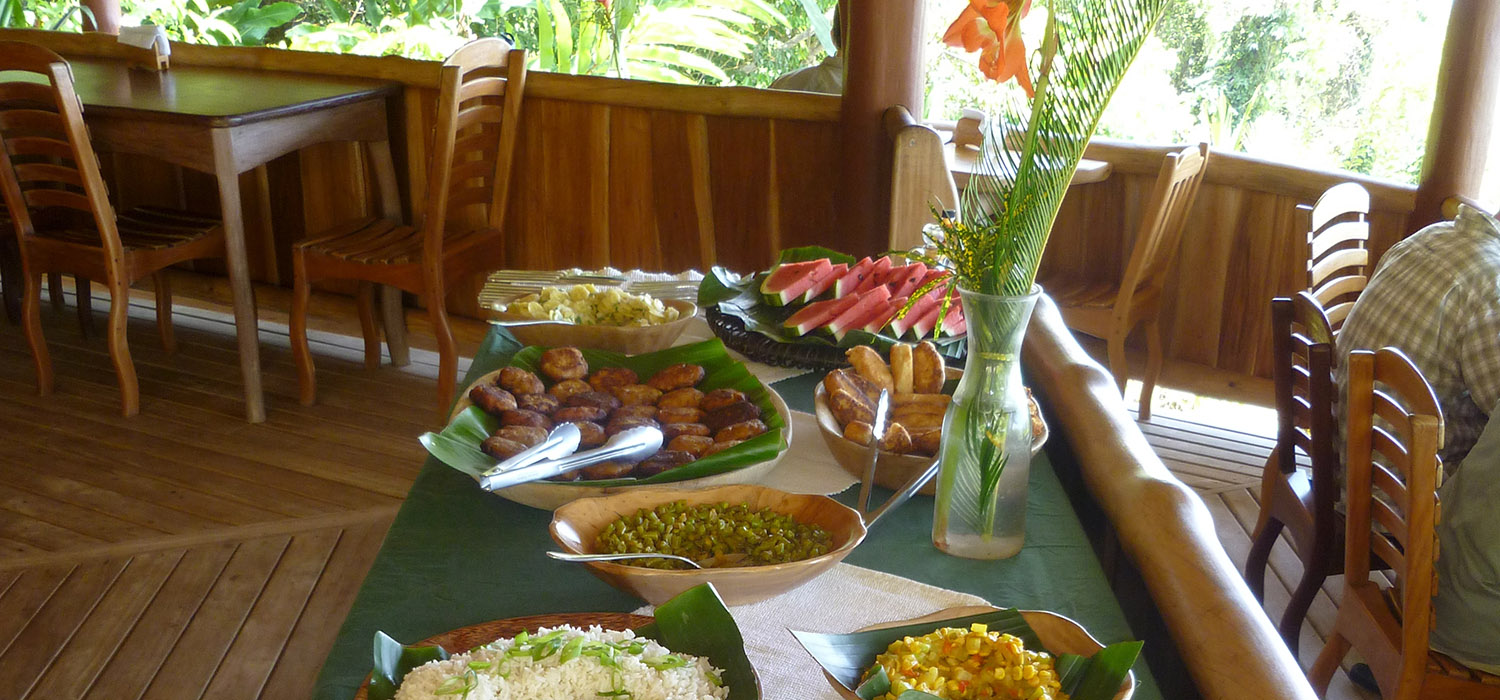
The meals at La Cusinga are always fresh, locally harvested, and delicious!
-
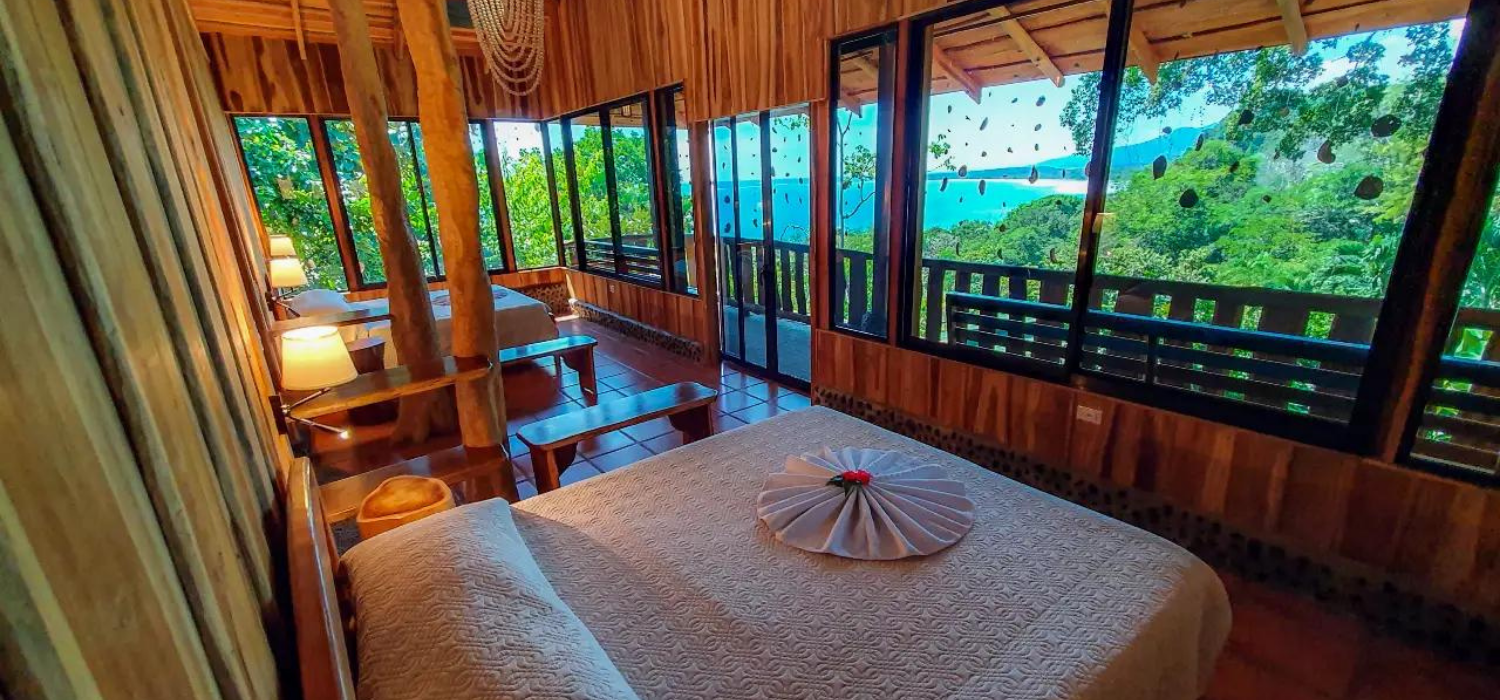
Accommodations range from shared bunk rooms to private en suite rooms to meet your budget and needs.
